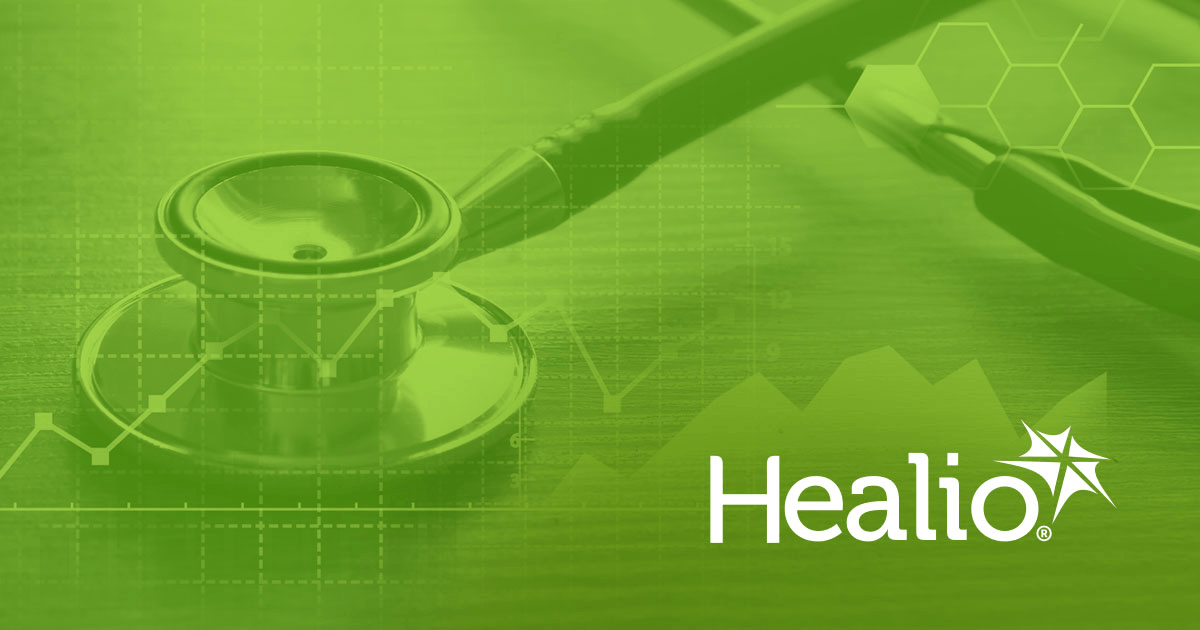- Joined
- Apr 9, 2006
- Messages
- 5,438
- Reaction score
- 7,309
Thoughts on this? What would be your BG range and cut-offs?
Recently I cancelled one whose BG was 450-500 mg/dL. Pt claimed to be compliant with all her diabetic medications. Talked to her PCP and found out she was lying and that she actually ran out of her humalog a month ago. No recent A1c.. given the hx I can assume her BG in the 400-500's range for the past month. Not the healthiest patient either, with CHF exacerbation in the last 3 months, known CAD, morbidly obese. Known history of non-compliance and a "difficult patient" according to PCP. For me it was an easy call to cancel, although I did tinker with the idea of correcting the BG with insulin and doing the case, with close follow-up.
Maybe I'm being too conservative (doubt it), but I've been burned before by a patient whose BG was 400's, was talked into doing the case by the ophthamologist who said the cataracts were so bad that it wasn't really elective and that she'll "make sure" the patient follows up. Well that patient never showed up for her postop ophtho visit or follow-up with her PCP, unreachable by phone, until nearly a month later. Quite exasperating to everyone involved (except the patient it would seem!)
There isn't a lot of high quality evidence out there about glycemic control and low-risk surgery with sedation and local. Most concerns relating to glyemic control relate to worsening BG from surgical stress, infection risk, poor wound healing, and more long-term health effects. This may or may not be an issue with cataract surgery, particularly if it is an uncomplicated one (e.g., not involving heavy sedation or general anesthesia). I think what is clear is that if the patient had severe metabolic derangements, in DKA or HHS they shouldn't be getting cataract surgery, but this represents an extreme physiologic state and I doubt anyone would argue against this. The other recommendations that are available are more opinion and surveys that leave quite a range of grey area. What I was able to find was a survey of clinician practices from Kumar et al., 2016: "In the absence of higher level evidence, survey of practices may influence the current opinion about perioperative glycaemic control for cataract surgery. A cross-sectional self-administered questionnaire was obtained from 129 ophthalmologists and ana esthetists,29 a blood glucose threshold concentration 17 mmol L1 (306 mg dL1 ) prompted the majority of doctors (86–93.8%) to adopt a treat-and-defer strategy, and a threshold of 23 mmol L1 (414 mg dL1 ) prompted most (86%–96.9%) to cancel the cataract surgery. Survey respondents were found to be more concerned about intraoperative hyperglycaemia than hypoglycaemia."
Personally, I consider patient comorbidities (but honestly no diabetic patient with such horrible BG are "healthy"), non-compliance issues, and whether they have close follow up scheduled to manage their BG (and whether I believe they will actually go to them).
Recently I cancelled one whose BG was 450-500 mg/dL. Pt claimed to be compliant with all her diabetic medications. Talked to her PCP and found out she was lying and that she actually ran out of her humalog a month ago. No recent A1c.. given the hx I can assume her BG in the 400-500's range for the past month. Not the healthiest patient either, with CHF exacerbation in the last 3 months, known CAD, morbidly obese. Known history of non-compliance and a "difficult patient" according to PCP. For me it was an easy call to cancel, although I did tinker with the idea of correcting the BG with insulin and doing the case, with close follow-up.
Maybe I'm being too conservative (doubt it), but I've been burned before by a patient whose BG was 400's, was talked into doing the case by the ophthamologist who said the cataracts were so bad that it wasn't really elective and that she'll "make sure" the patient follows up. Well that patient never showed up for her postop ophtho visit or follow-up with her PCP, unreachable by phone, until nearly a month later. Quite exasperating to everyone involved (except the patient it would seem!)
There isn't a lot of high quality evidence out there about glycemic control and low-risk surgery with sedation and local. Most concerns relating to glyemic control relate to worsening BG from surgical stress, infection risk, poor wound healing, and more long-term health effects. This may or may not be an issue with cataract surgery, particularly if it is an uncomplicated one (e.g., not involving heavy sedation or general anesthesia). I think what is clear is that if the patient had severe metabolic derangements, in DKA or HHS they shouldn't be getting cataract surgery, but this represents an extreme physiologic state and I doubt anyone would argue against this. The other recommendations that are available are more opinion and surveys that leave quite a range of grey area. What I was able to find was a survey of clinician practices from Kumar et al., 2016: "In the absence of higher level evidence, survey of practices may influence the current opinion about perioperative glycaemic control for cataract surgery. A cross-sectional self-administered questionnaire was obtained from 129 ophthalmologists and ana esthetists,29 a blood glucose threshold concentration 17 mmol L1 (306 mg dL1 ) prompted the majority of doctors (86–93.8%) to adopt a treat-and-defer strategy, and a threshold of 23 mmol L1 (414 mg dL1 ) prompted most (86%–96.9%) to cancel the cataract surgery. Survey respondents were found to be more concerned about intraoperative hyperglycaemia than hypoglycaemia."
Personally, I consider patient comorbidities (but honestly no diabetic patient with such horrible BG are "healthy"), non-compliance issues, and whether they have close follow up scheduled to manage their BG (and whether I believe they will actually go to them).
Last edited:

